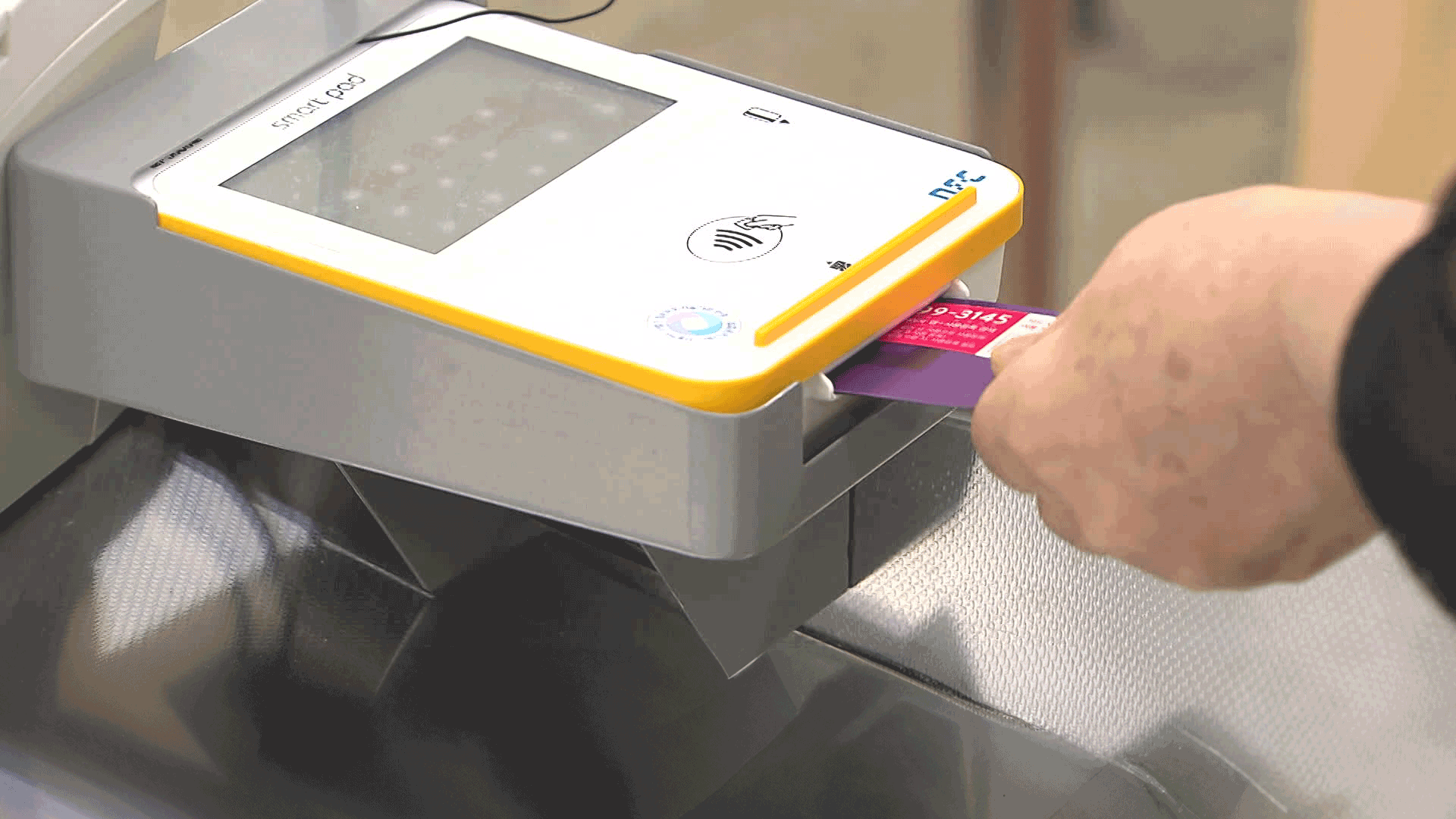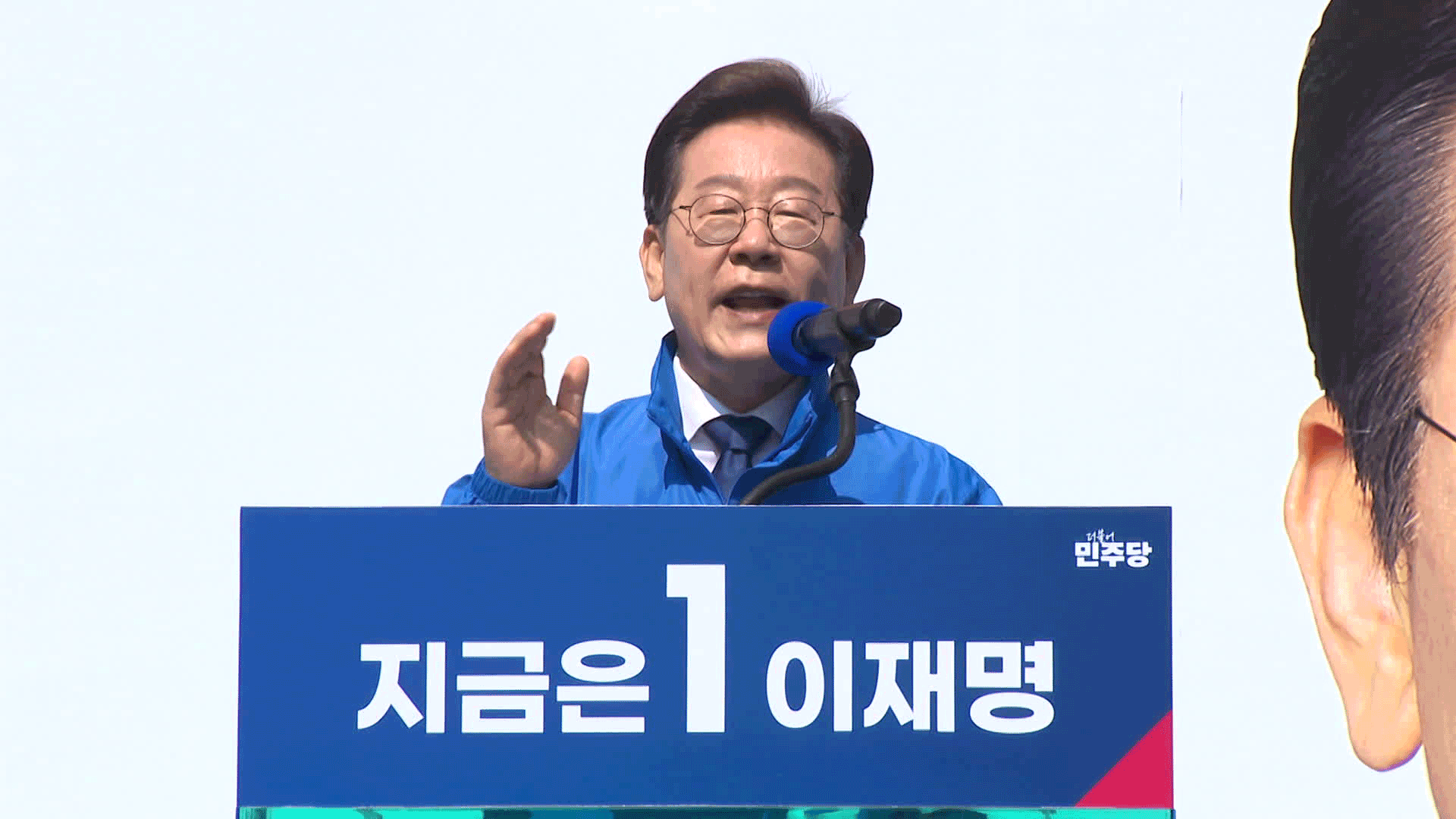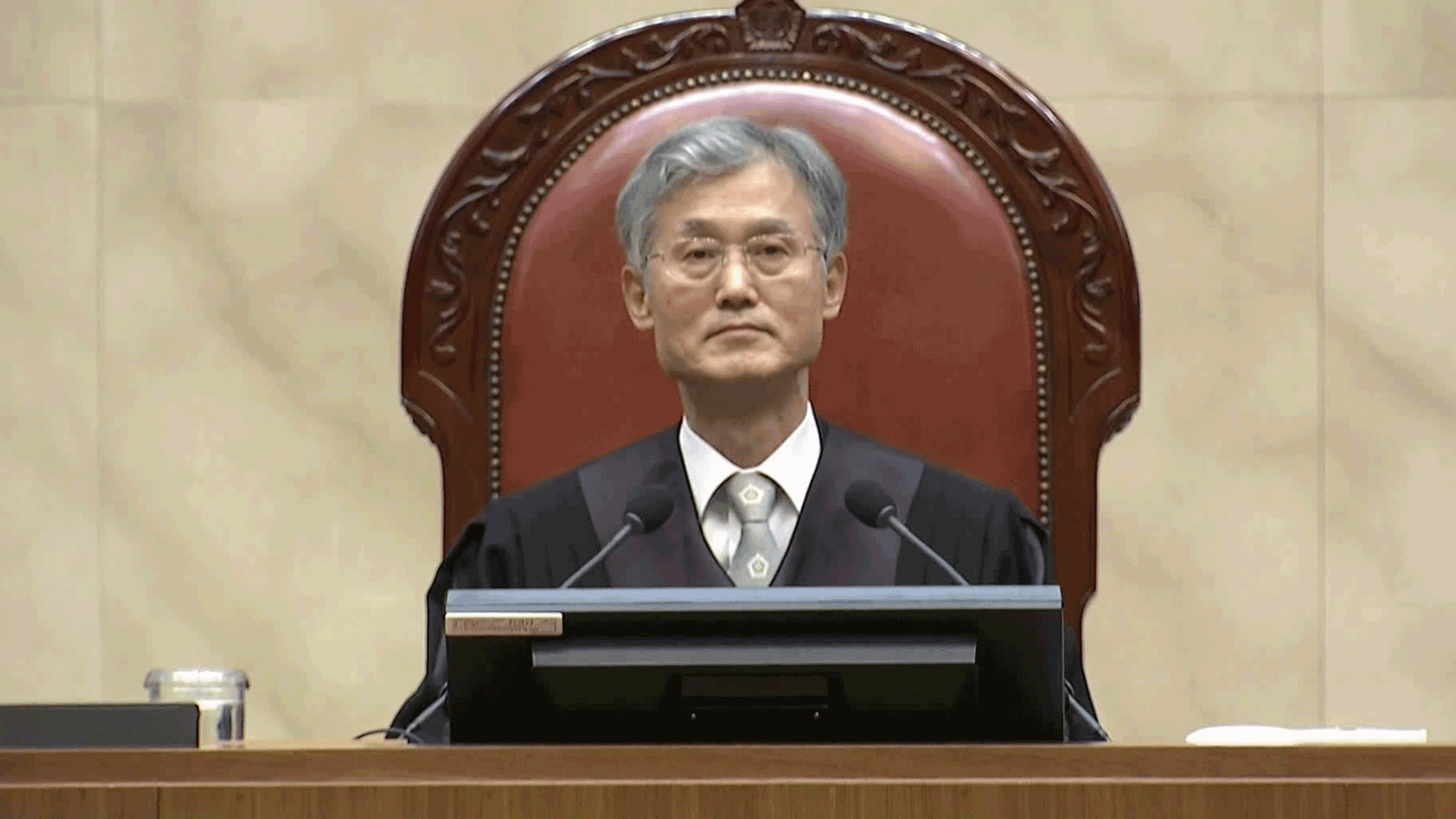Long holiday reports spending decline
입력 2025.05.13 (01:24)
읽어주기 기능은 크롬기반의
브라우저에서만 사용하실 수 있습니다.
[Anchor]
It appears that the frozen consumption has not thawed even over the recent long holiday.
We analyzed sales data from one credit card company, and found that the number of card transactions was lower than last year when the holiday was shorter.
Reporter Park Chan has the story.
[Report]
This lodging has been open for 10 years.
During the May holidays when people often take short trips, bookings were normally full a month in advance.
This year, even with a 30% discount, they barely filled reservations just before the start of the holiday.
[Lodging operator of 10 years: "In the past, we used to get a lot of same-day inquiries, asking 'Do you have a room available today?' (This year) there are no inquiries at all. Even the weekends in May are still empty...."]
KBS commissioned BC Card to check merchant sales from the 1st to the 6th of this month.
The number of sales transactions decreased by 11% compared to the same period last year.
Cultural sectors like cinemas and amusement parks saw a decline of 15%.
Retail and food and beverage sectors also decreased.
These are sectors focused on meeting, eating, and playing, yet their holiday sales have dropped.
Last year's holiday was only four days, while this year's was five, yet card payments decreased.
Even with the long holiday effect overlapping with "Family Month," consumer sentiment could not be revived.
[Joo Won/Director of Economic Research at Hyundai Economic Research Institute: "The lack of income combined with the uncertainty of future situations, such as the possibility of unemployment or business closures, is significantly dominating, leading to a clear phenomenon of consumption stagnation."]
The consumption over this holiday was also a point of interest for the Bank of Korea.
Bank of Korea Governor Lee Chang-yong mentioned in a press conference that "the credit card usage performance during the May holiday is of utmost interest," but there was no rebound in consumption.
During the same period, overseas payments increased by 4%.
The established notion that longer holidays lead to increased domestic travel and consumption has also been broken.
Even convenience stores, which have never seen a decline in sales, even during economic downturns, reported a 0.4% decrease in sales in the first quarter of this year for the first time in history.
This is KBS News, Park Chan.
It appears that the frozen consumption has not thawed even over the recent long holiday.
We analyzed sales data from one credit card company, and found that the number of card transactions was lower than last year when the holiday was shorter.
Reporter Park Chan has the story.
[Report]
This lodging has been open for 10 years.
During the May holidays when people often take short trips, bookings were normally full a month in advance.
This year, even with a 30% discount, they barely filled reservations just before the start of the holiday.
[Lodging operator of 10 years: "In the past, we used to get a lot of same-day inquiries, asking 'Do you have a room available today?' (This year) there are no inquiries at all. Even the weekends in May are still empty...."]
KBS commissioned BC Card to check merchant sales from the 1st to the 6th of this month.
The number of sales transactions decreased by 11% compared to the same period last year.
Cultural sectors like cinemas and amusement parks saw a decline of 15%.
Retail and food and beverage sectors also decreased.
These are sectors focused on meeting, eating, and playing, yet their holiday sales have dropped.
Last year's holiday was only four days, while this year's was five, yet card payments decreased.
Even with the long holiday effect overlapping with "Family Month," consumer sentiment could not be revived.
[Joo Won/Director of Economic Research at Hyundai Economic Research Institute: "The lack of income combined with the uncertainty of future situations, such as the possibility of unemployment or business closures, is significantly dominating, leading to a clear phenomenon of consumption stagnation."]
The consumption over this holiday was also a point of interest for the Bank of Korea.
Bank of Korea Governor Lee Chang-yong mentioned in a press conference that "the credit card usage performance during the May holiday is of utmost interest," but there was no rebound in consumption.
During the same period, overseas payments increased by 4%.
The established notion that longer holidays lead to increased domestic travel and consumption has also been broken.
Even convenience stores, which have never seen a decline in sales, even during economic downturns, reported a 0.4% decrease in sales in the first quarter of this year for the first time in history.
This is KBS News, Park Chan.
■ 제보하기
▷ 카카오톡 : 'KBS제보' 검색, 채널 추가
▷ 전화 : 02-781-1234, 4444
▷ 이메일 : kbs1234@kbs.co.kr
▷ 유튜브, 네이버, 카카오에서도 KBS뉴스를 구독해주세요!
- Long holiday reports spending decline
-
- 입력 2025-05-13 01:24:58

[Anchor]
It appears that the frozen consumption has not thawed even over the recent long holiday.
We analyzed sales data from one credit card company, and found that the number of card transactions was lower than last year when the holiday was shorter.
Reporter Park Chan has the story.
[Report]
This lodging has been open for 10 years.
During the May holidays when people often take short trips, bookings were normally full a month in advance.
This year, even with a 30% discount, they barely filled reservations just before the start of the holiday.
[Lodging operator of 10 years: "In the past, we used to get a lot of same-day inquiries, asking 'Do you have a room available today?' (This year) there are no inquiries at all. Even the weekends in May are still empty...."]
KBS commissioned BC Card to check merchant sales from the 1st to the 6th of this month.
The number of sales transactions decreased by 11% compared to the same period last year.
Cultural sectors like cinemas and amusement parks saw a decline of 15%.
Retail and food and beverage sectors also decreased.
These are sectors focused on meeting, eating, and playing, yet their holiday sales have dropped.
Last year's holiday was only four days, while this year's was five, yet card payments decreased.
Even with the long holiday effect overlapping with "Family Month," consumer sentiment could not be revived.
[Joo Won/Director of Economic Research at Hyundai Economic Research Institute: "The lack of income combined with the uncertainty of future situations, such as the possibility of unemployment or business closures, is significantly dominating, leading to a clear phenomenon of consumption stagnation."]
The consumption over this holiday was also a point of interest for the Bank of Korea.
Bank of Korea Governor Lee Chang-yong mentioned in a press conference that "the credit card usage performance during the May holiday is of utmost interest," but there was no rebound in consumption.
During the same period, overseas payments increased by 4%.
The established notion that longer holidays lead to increased domestic travel and consumption has also been broken.
Even convenience stores, which have never seen a decline in sales, even during economic downturns, reported a 0.4% decrease in sales in the first quarter of this year for the first time in history.
This is KBS News, Park Chan.
It appears that the frozen consumption has not thawed even over the recent long holiday.
We analyzed sales data from one credit card company, and found that the number of card transactions was lower than last year when the holiday was shorter.
Reporter Park Chan has the story.
[Report]
This lodging has been open for 10 years.
During the May holidays when people often take short trips, bookings were normally full a month in advance.
This year, even with a 30% discount, they barely filled reservations just before the start of the holiday.
[Lodging operator of 10 years: "In the past, we used to get a lot of same-day inquiries, asking 'Do you have a room available today?' (This year) there are no inquiries at all. Even the weekends in May are still empty...."]
KBS commissioned BC Card to check merchant sales from the 1st to the 6th of this month.
The number of sales transactions decreased by 11% compared to the same period last year.
Cultural sectors like cinemas and amusement parks saw a decline of 15%.
Retail and food and beverage sectors also decreased.
These are sectors focused on meeting, eating, and playing, yet their holiday sales have dropped.
Last year's holiday was only four days, while this year's was five, yet card payments decreased.
Even with the long holiday effect overlapping with "Family Month," consumer sentiment could not be revived.
[Joo Won/Director of Economic Research at Hyundai Economic Research Institute: "The lack of income combined with the uncertainty of future situations, such as the possibility of unemployment or business closures, is significantly dominating, leading to a clear phenomenon of consumption stagnation."]
The consumption over this holiday was also a point of interest for the Bank of Korea.
Bank of Korea Governor Lee Chang-yong mentioned in a press conference that "the credit card usage performance during the May holiday is of utmost interest," but there was no rebound in consumption.
During the same period, overseas payments increased by 4%.
The established notion that longer holidays lead to increased domestic travel and consumption has also been broken.
Even convenience stores, which have never seen a decline in sales, even during economic downturns, reported a 0.4% decrease in sales in the first quarter of this year for the first time in history.
This is KBS News, Park Chan.
이 기사가 좋으셨다면
-
좋아요
0
-
응원해요
0
-
후속 원해요
0
















이 기사에 대한 의견을 남겨주세요.